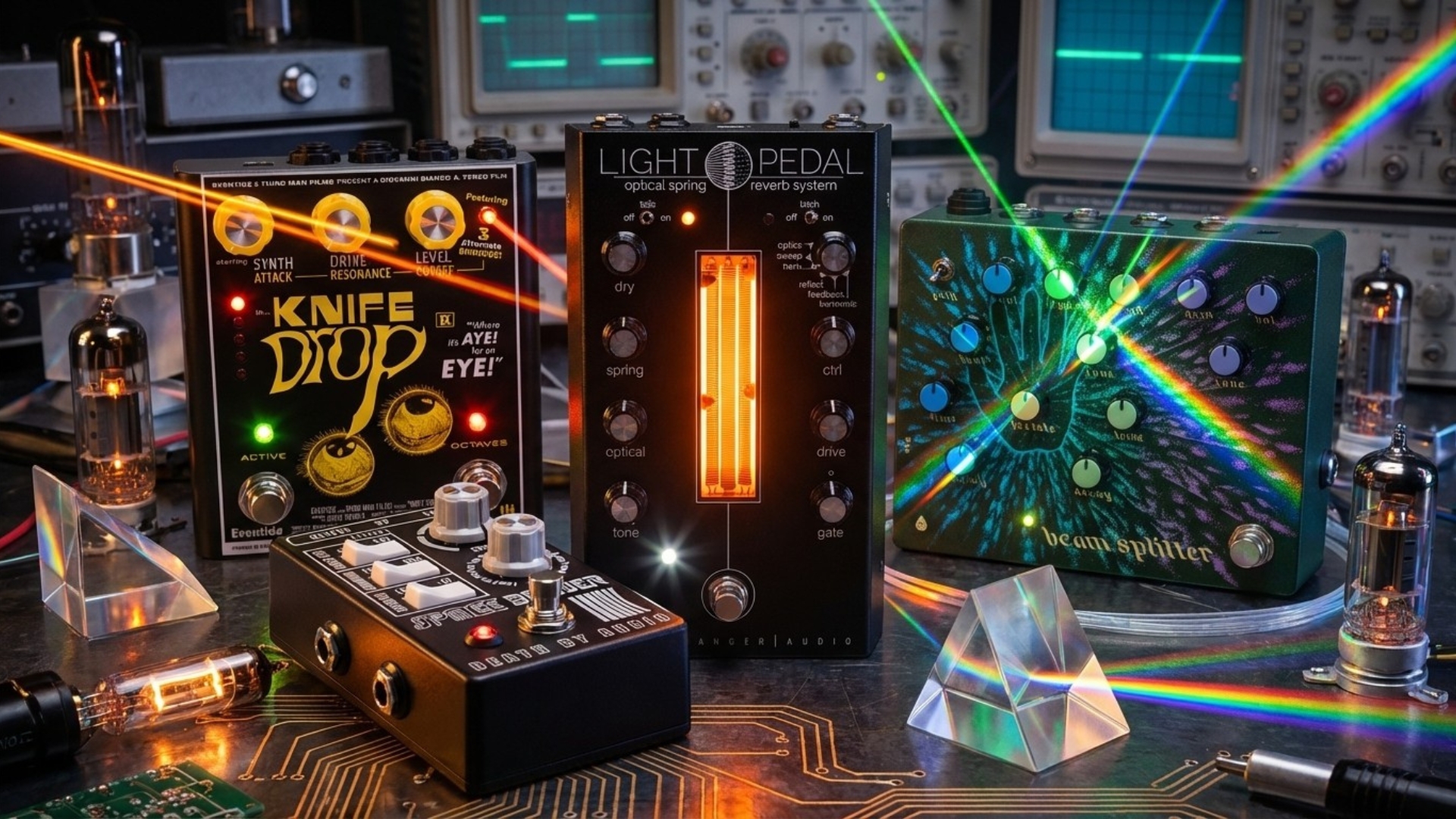Bruce Kulick names 10 guitarists who shaped his sound
The hard-rock guitar slinger names the unlikely influences behind a number of his best-known Kiss riffs, and the player he likens to "a race car champion with the soul of a great blues musician"
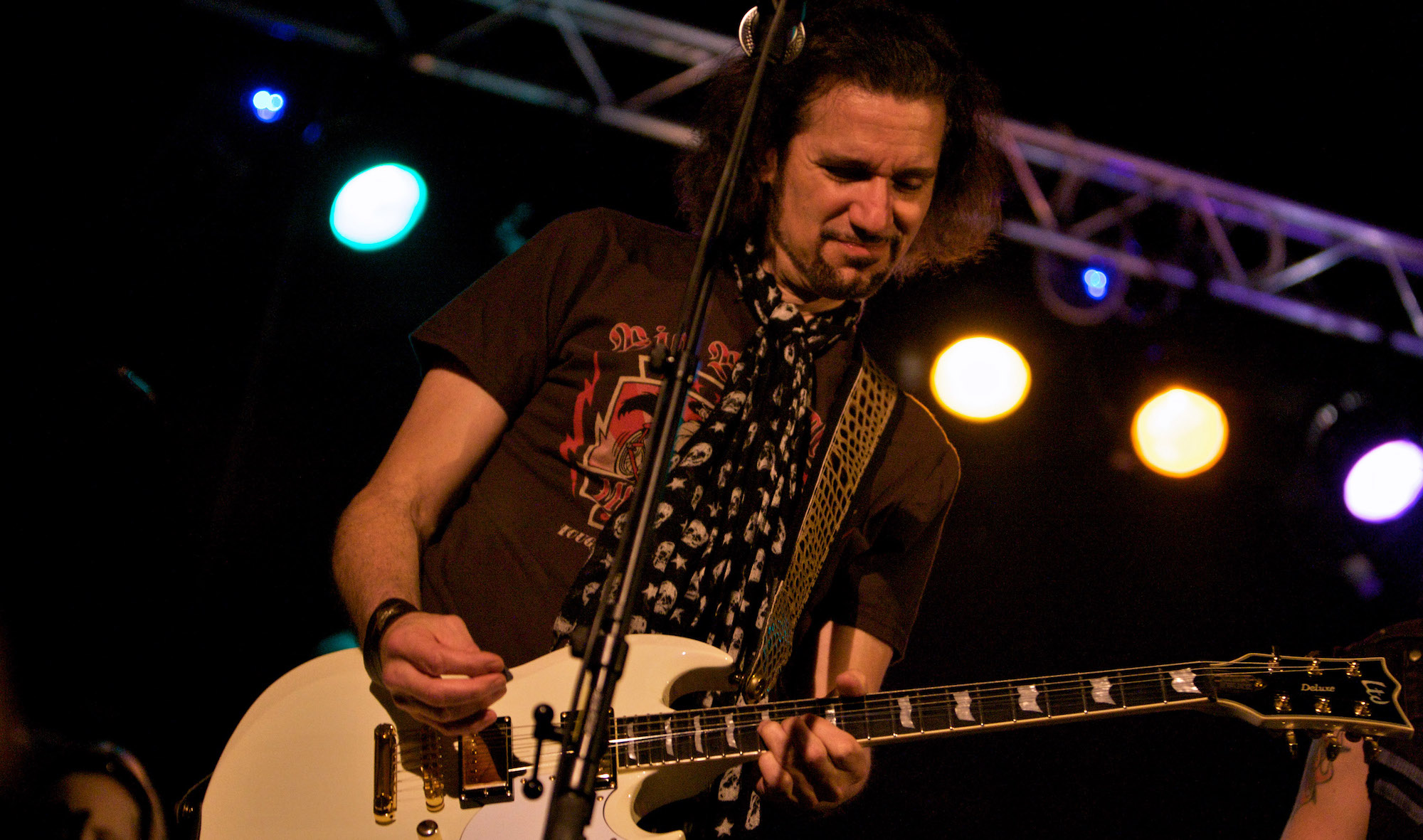
Staking one's claim in the era of shred couldn't have been easy for any aspiring guitarist, let alone one taking the mantle within the mighty machine that is Kiss.
Brooklyn-born Bruce Kulick, however, turned the hard-rock institution's fortunes around with one swipe of his golden pick. Indeed, in the wake of losing Ace Frehley, Vinnie Vincent and Mark St. John – all within two years – Kulick stepped in, and did so with style and grace.
In Kulick, Kiss found a player capable of providing stability, fluid fretwork, gorgeous vibrato, and a muscular tone that many a player would yearn for. In an era that saw many guitarists fixate on high-octane antics and over-the-top high-jinks, Kulick sought to impress via low-key professionalism of the highest order. But where did it all begin?
"My love of guitar started on the fateful night the Beatles performed live on the Ed Sullivan Show," Kulick recalls. "Suddenly, playing the guitar would have meaning, and I immediately felt connected to the instrument. Amazing bands, especially part of the British Invasion, kept my interest and obsession.
"Guitars and the people that made great music on the instrument were my passion. Although millions play the instrument, truly making it musical and moving people is what's important to me. These players helped shape the sound of my playing, each for different reasons."
These days, Kulick still finds himself as busy as ever with Grand Funk Railroad and various Kiss-related activities, but he still found time to dial in with Guitar World to run through the 10 guitarists who shaped his sound.
1. Jimi Hendrix
"The king of guitar players. His sheer innovative playing – both aggressive and sweet – created the most incredible sonics for me. This six-string wizard would wonderfully create colorful tones from his Fender Stratocaster. He would give it massive distortion and feedback that actually added another level of sound never heard before.
All the latest guitar news, interviews, lessons, reviews, deals and more, direct to your inbox!
"His guitar was an emotional extension of his brilliant mind. His spacey sounds and off-the-chart bluesy playing pushed the limits of the strings under his large hands. He changed guitar playing forever. He will always be the king of guitar for me."
2. Eric Clapton
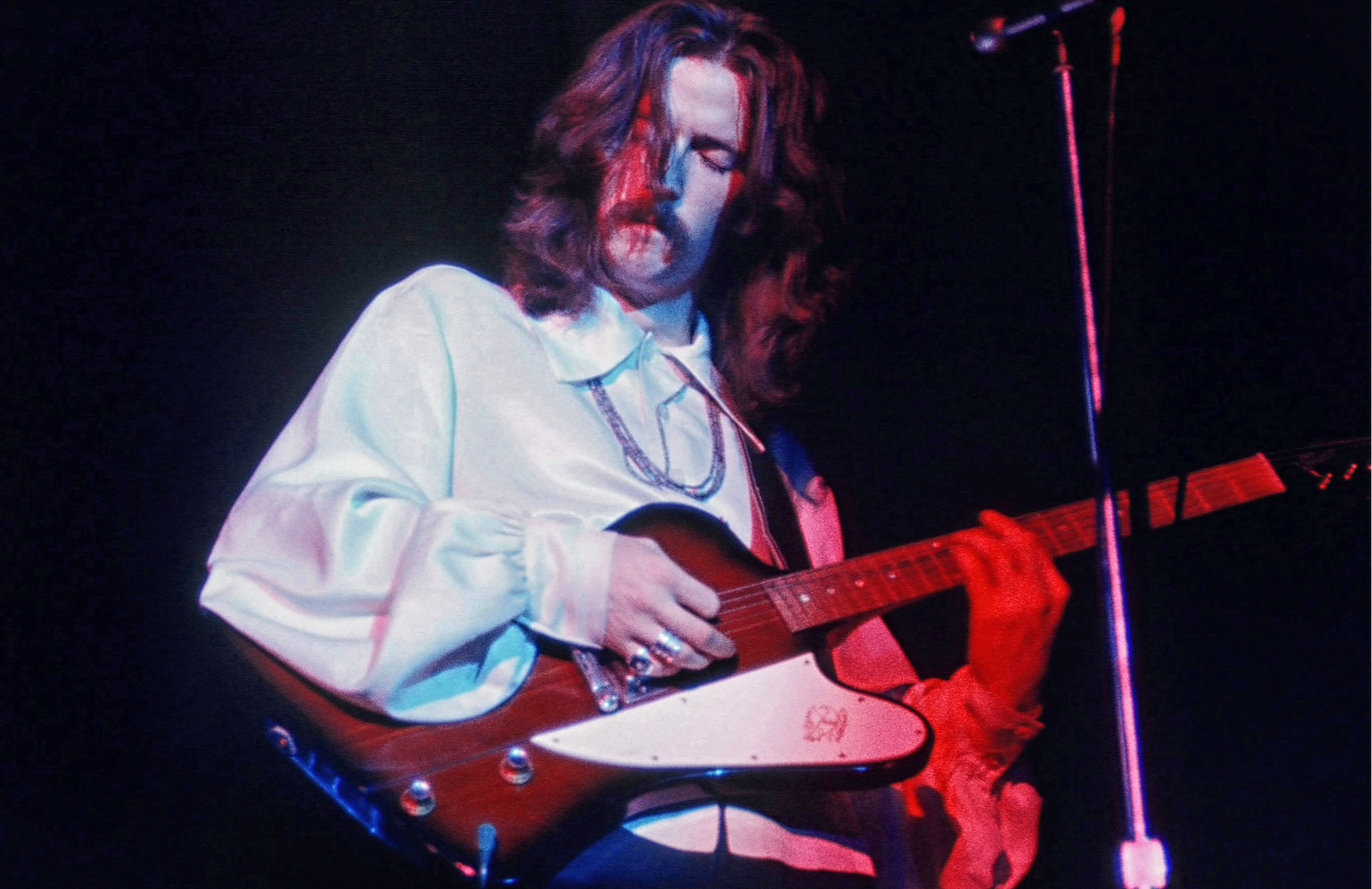
"'Clapton is God' was written on the walls in the UK, and what caused that? This man's raw emotion masterfully created a singing tone from his guitar. This was the vibrato I studied, this was the tone I strived for. Cream was his playground, and his contribution to guitar playing in that band made me study his riffs and hope to achieve the control and emotion he possessed."
3. Jeff Beck
"Jeff took guitar to another level. His use of the tremolo arm was unique. His sensitive ability to make love to the guitar and then trash it with wild abandon was remarkable.
"Blow by Blow spent months on my mind. I listened to every note, every pickup choice, every move with his volume and gain as he squeezed the essence of each note perfectly. Unique and brave, his legendary playing will never be forgotten."
4. Jimmy Page
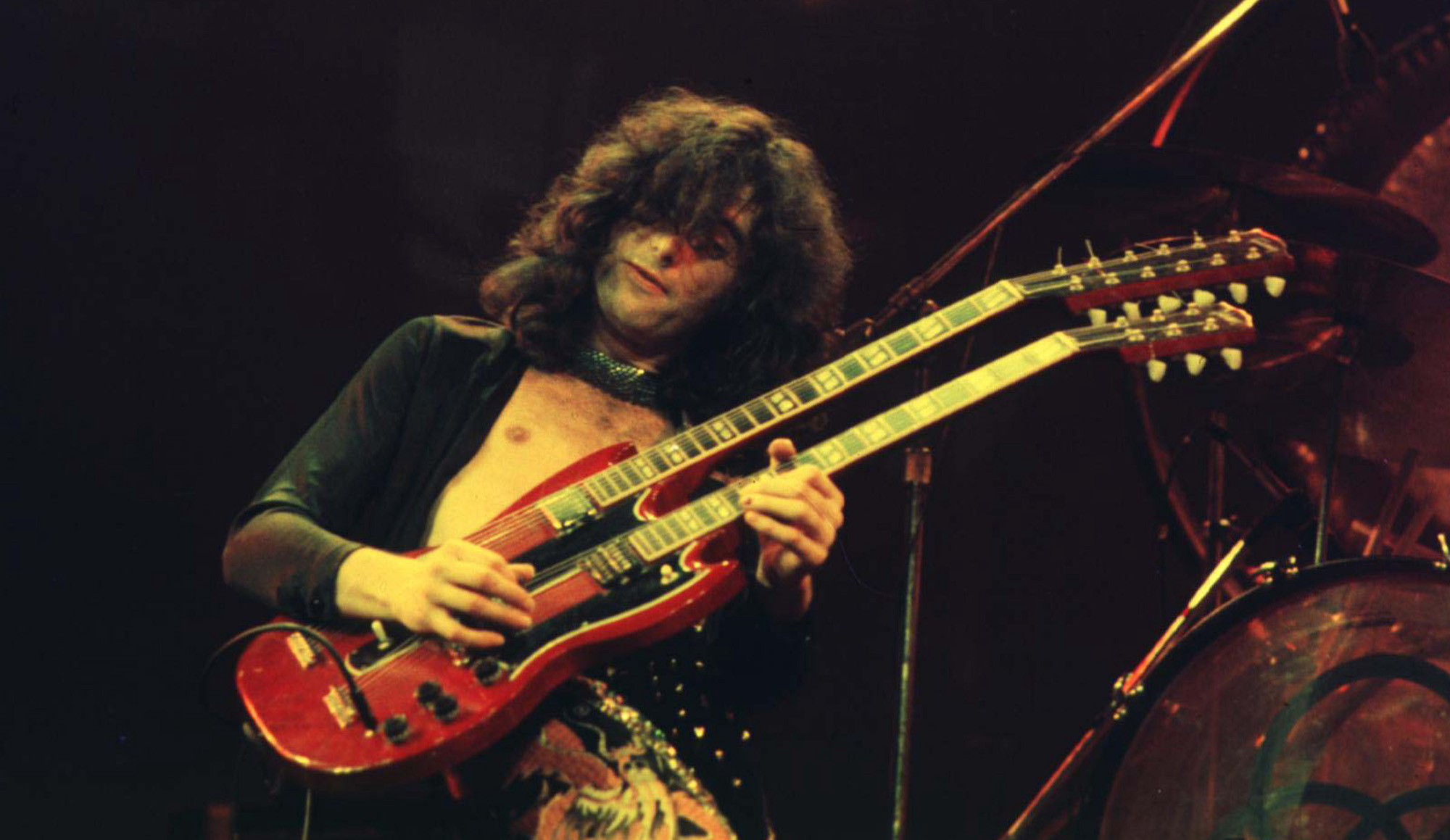
"How did a session guitarist become a sorcerer, creating unforgettable guitar-driven albums? Jimmy blew my mind with Led Zeppelin, then on Led Zeppelin II, and then on Led Zep… oh, you get the point [Laughs].
"His genius wasn't only his perfectly constructed solos – it was creating this band with the talent to deliver his mastery. The more I studied his riffs, the more I respected him. A mental giant on the guitar."
5. Brian May
"Listening to Brian with Queen made me think, 'This band's guitarist is playing an orchestral instrument.' He is the lead violin, cellist and string section, all in one.
"Brilliant note choices – and the incredible tone from his Vox amps – sparked an interest in me in how my heroes used different gear to make themselves stand out from the pack. Brian's [playing] is so elegant – this British master is rock royalty for me."
6. Leslie West
"Mountain was America's answer to Cream. Leslie had the most perfect tone, and vocal-like vibrato – with exquisite note choice. I feel every pick attack, every swing of his wrist – his leads [are] emotional and unforgettable.
"I worked hard to emulate this giant of a man. Meeting him years after Mountain and him knowing who I was was such an honor. This New York City native put the Les Paul Junior on the map, and the tone he created from it rings as true as that great vintage instrument."
7. Eddie Van Halen
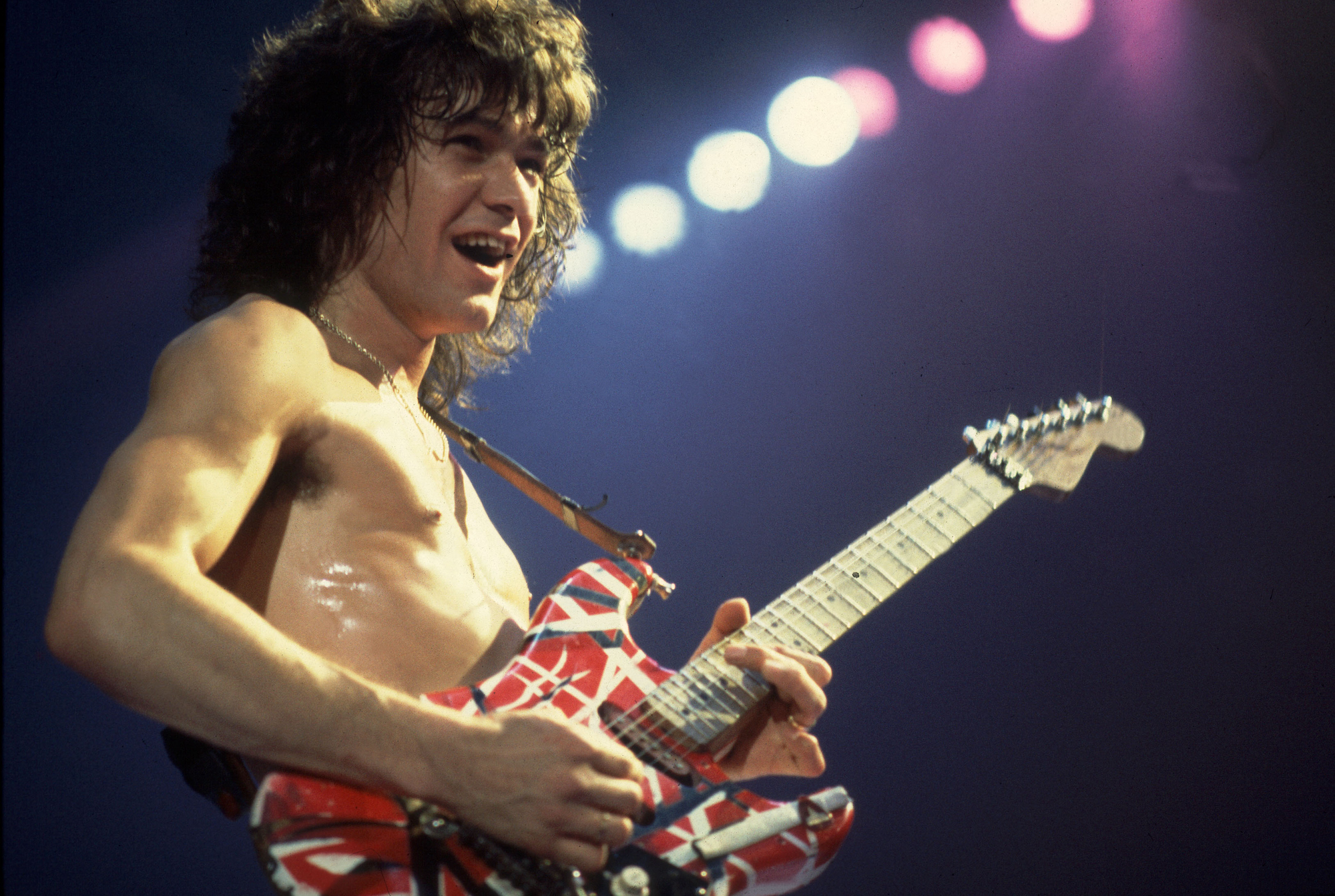
"EVH is the supercharged muscle car that forever changed the landscape of lead guitar playing. His powerful technique, using speed and control, is why I loved his playing.
"He reinvented lead guitar with his finger tapping. It was something I studied and, in my own primitive way, made my own. His vibrato never loses control – it's perfect. His playing [made him] a race car champion with the soul of a great blues musician."
8. Steve Howe
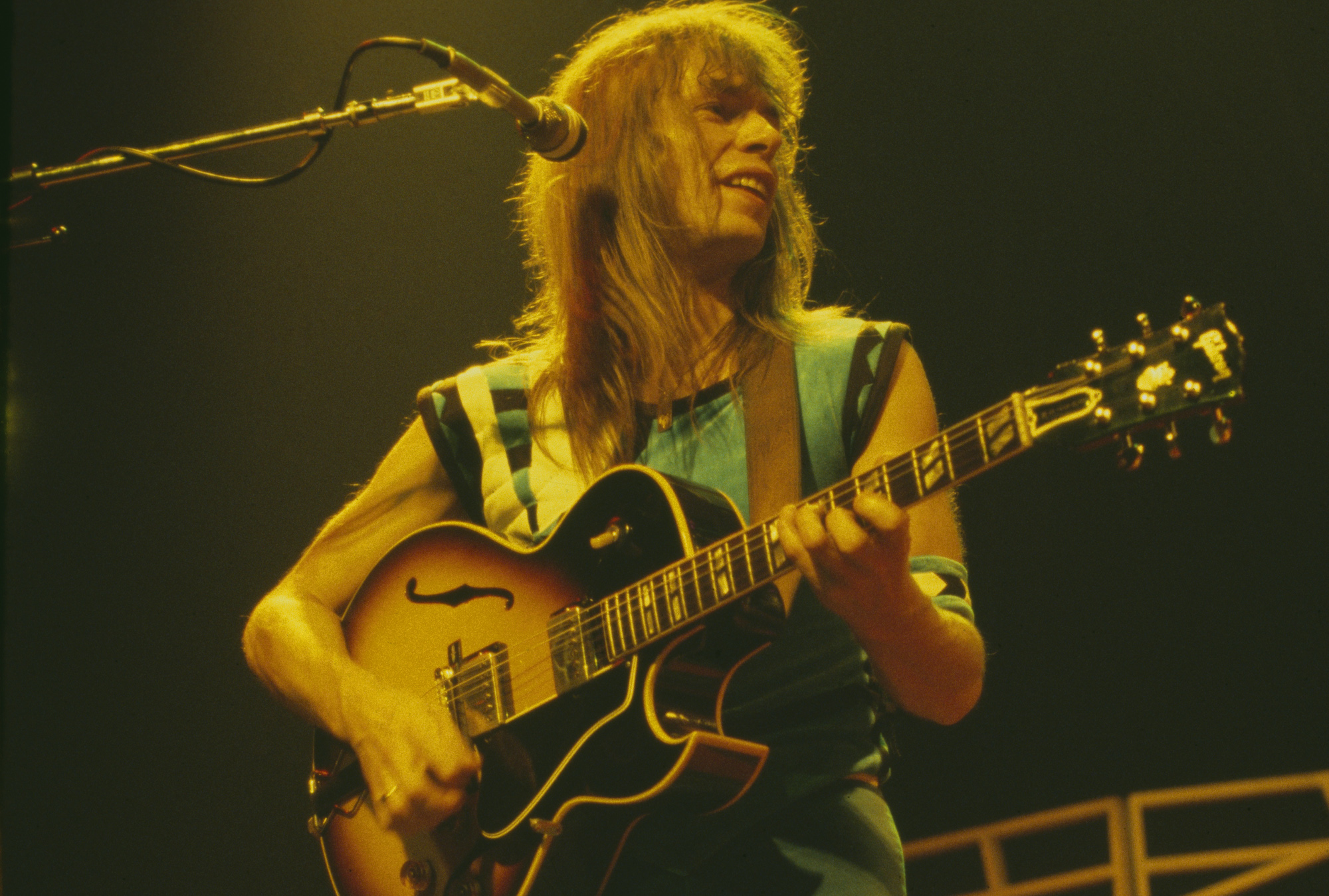
"Steve Howe plays a Gibson ES-175 – my favorite jazz box – and uses a much cleaner tone than any of my other heroes. His innovative use of scales and fingerpicking techniques created unique riffs, forcing me to woodshed. I borrowed ideas from Steve, and he influenced some iconic Kiss riffs I contributed to the band. I'm grateful for his visionary talent that made me think outside the box."
9. Les Paul
"I was always fascinated by Les, and meeting him proved to me what a legend he was. Sitting at the next table at the NYC club [where Kulick met him] was Jimmy Page, also there to pay his respects to this genius. Les made music without boundaries, pushing the limit of recording techniques and guitar building. He changed the way music was made and recorded. He used it all in the music he created, and my mind was always blown by hearing his records.
"Combining jazz and pop with all the tricks he pioneered made me fascinated with recording at home and fooling around with my four-track tape recorders. His influence on me was less about guitar techniques; it was more about pushing me to try new things and learn everything I was curious about. My signed Les Paul single-cuts are cherished and proudly on the wall in my home."
10. David Gilmour
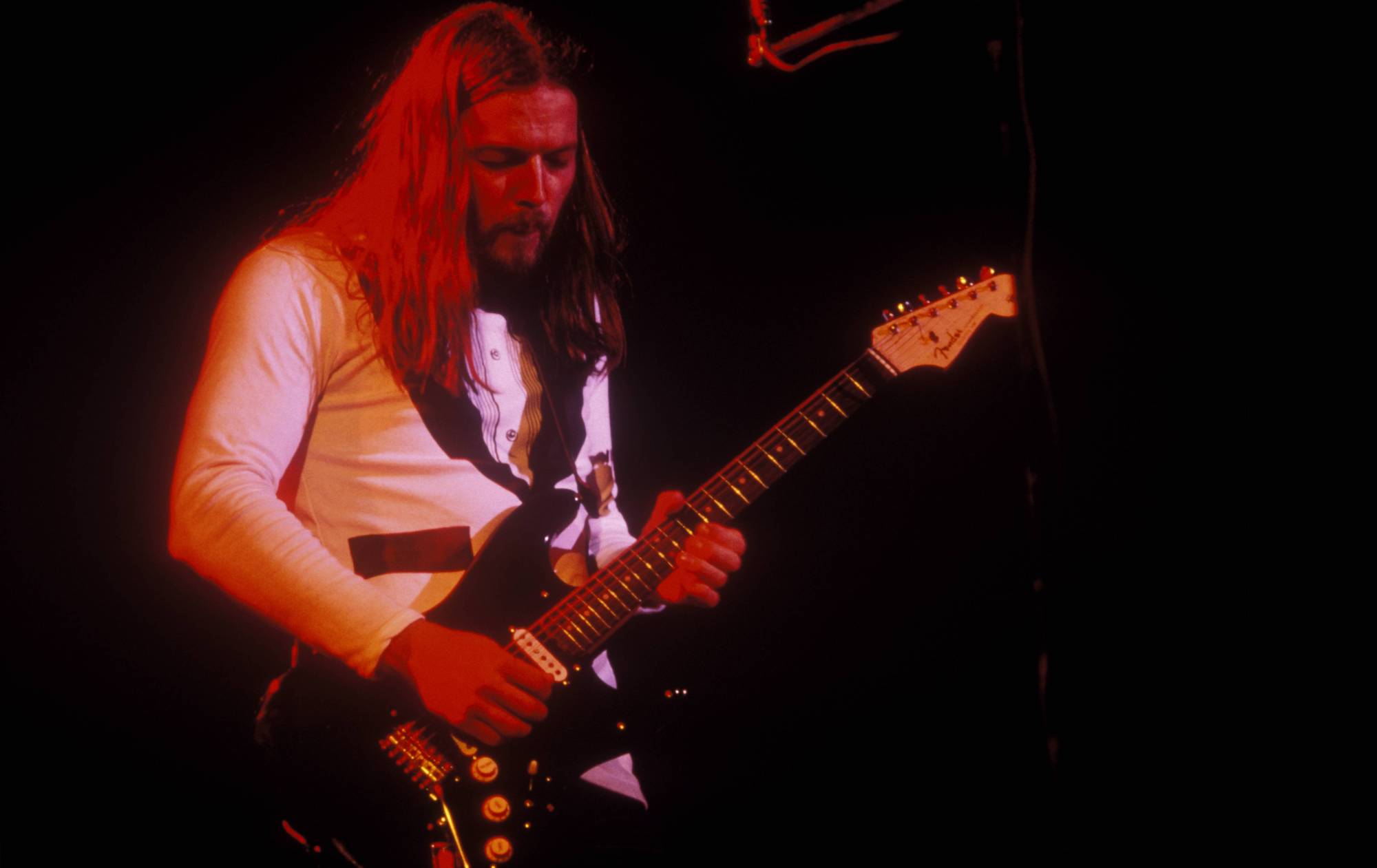
"I always listened closely to every nuance of David Gilmour's playing. His leads would take the song to the next level, which is very important to me.
"David's vibrato and note choice are unmistakably brilliant, and the emotion he creates adds that special element of magic to the song. His solo during Comfortably Numb is a prime example of perfection. The soaring lines that appear are not flashy or bombastic – instead, his massive tone and musical ability are used to create melodies in his solos, which still inspires me."
Andrew Daly is an iced-coffee-addicted, oddball Telecaster-playing, alfredo pasta-loving journalist from Long Island, NY, who, in addition to being a contributing writer for Guitar World, scribes for Bass Player, Guitar Player, Guitarist, and MusicRadar. Andrew has interviewed favorites like Ace Frehley, Johnny Marr, Vito Bratta, Bruce Kulick, Joe Perry, Brad Whitford, Tom Morello, Rich Robinson, and Paul Stanley, while his all-time favorite (rhythm player), Keith Richards, continues to elude him.

